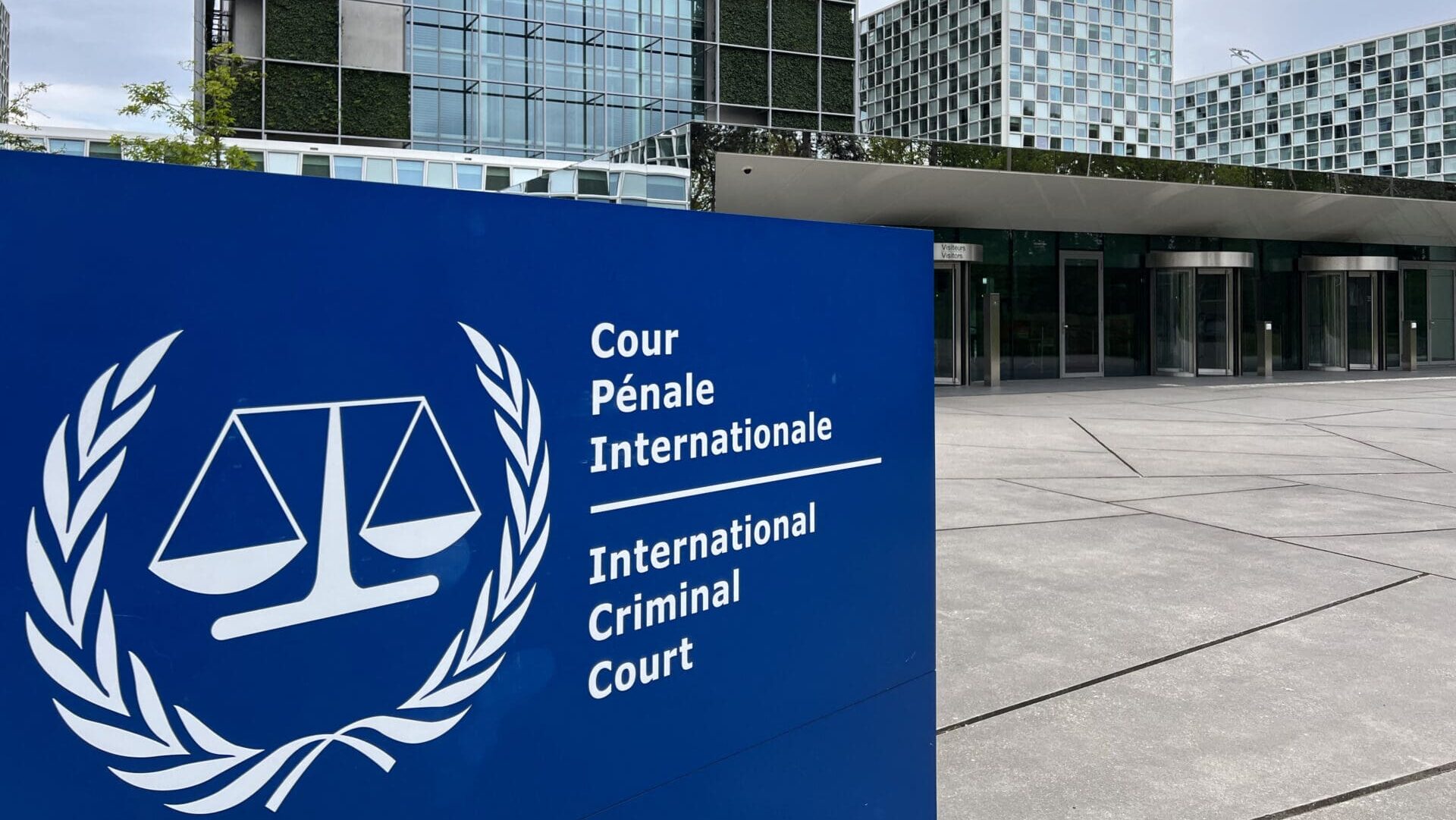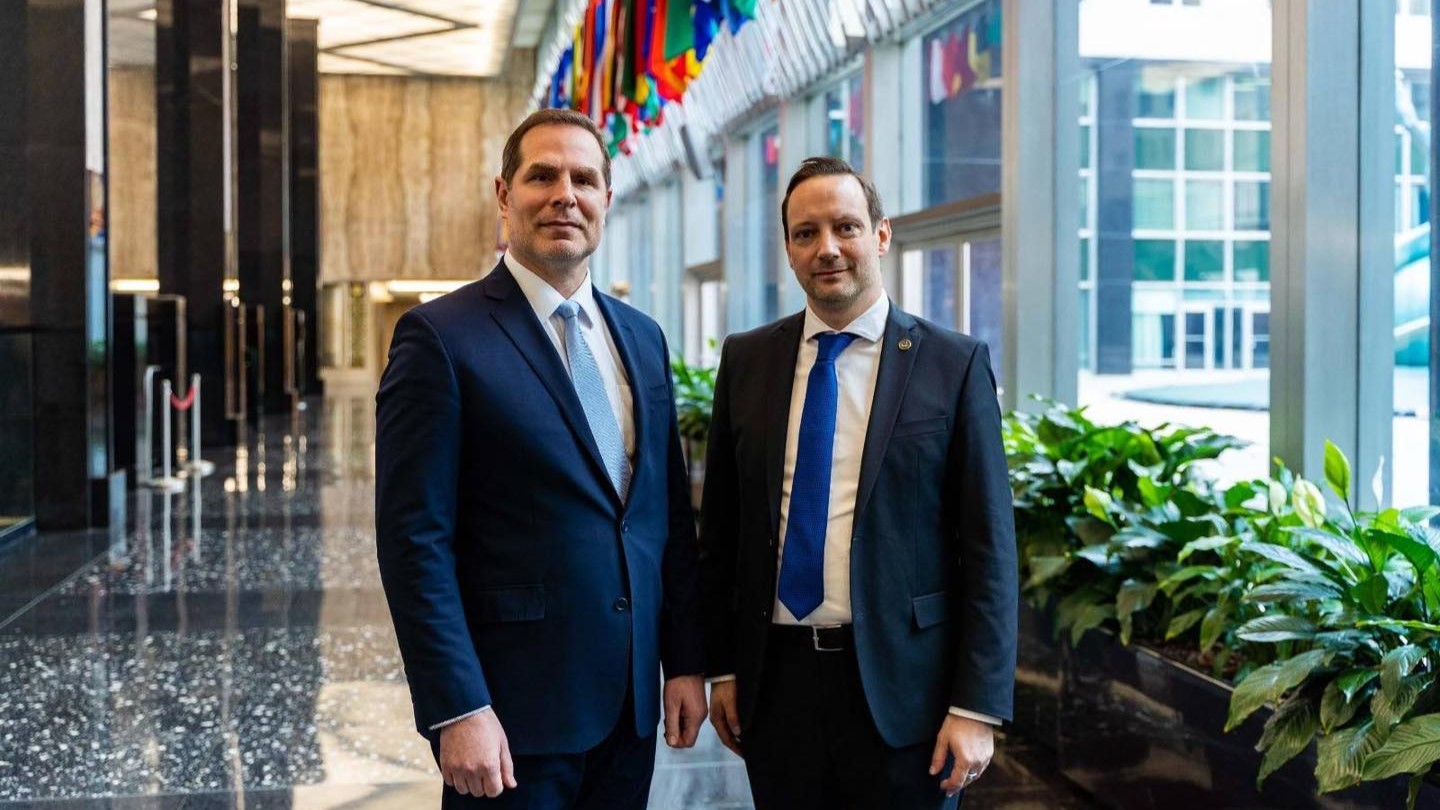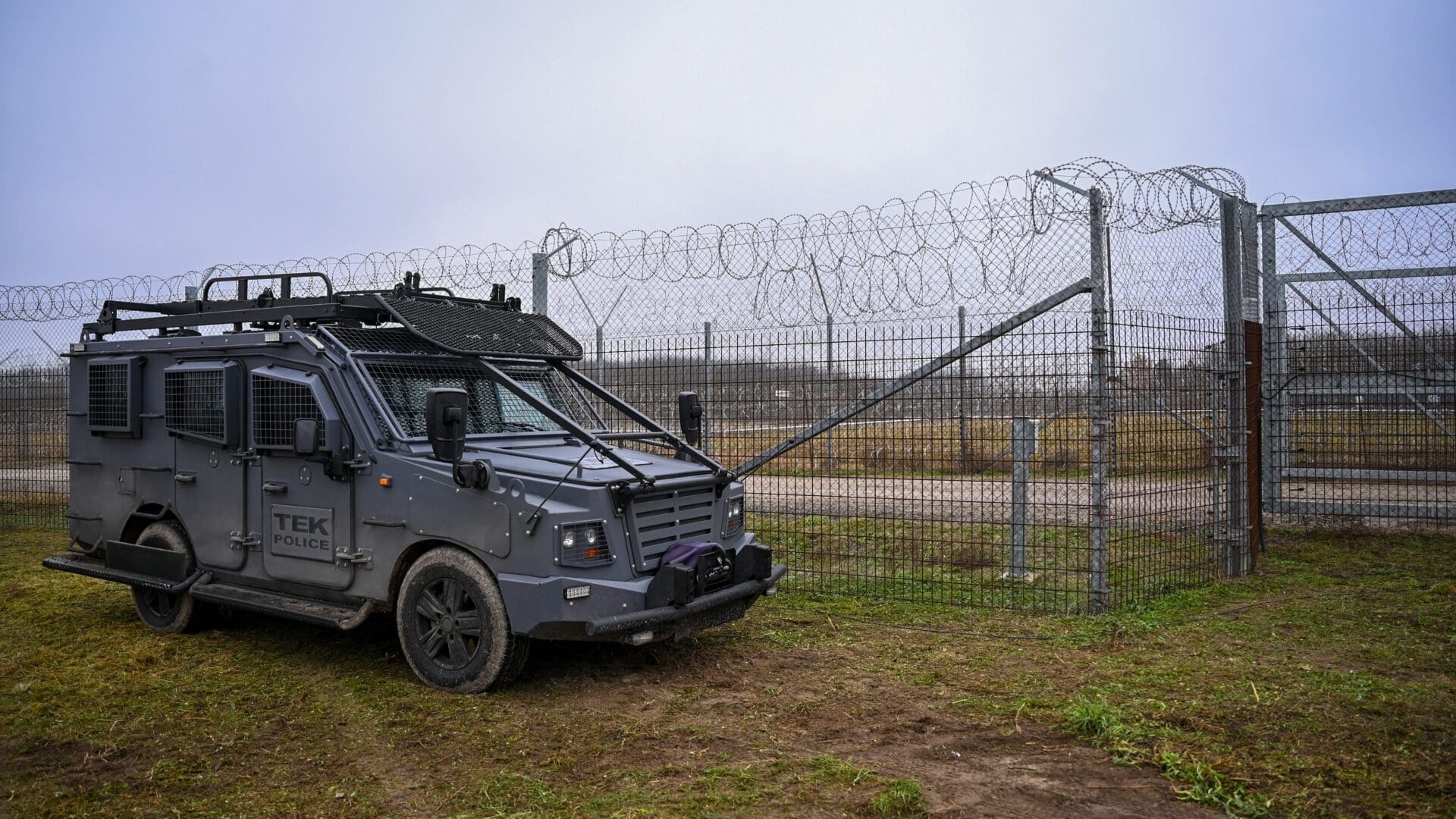
Erasmus+ Funds Granted to Islamists but Denied to Hungary
Erasmus+ was designed to bring European students closer together and strengthen academic cooperation; it was to be a vector of unity and a means of transmitting the fundamental values of our civilization. Yet the current management of the programme betrays these founding principles.









